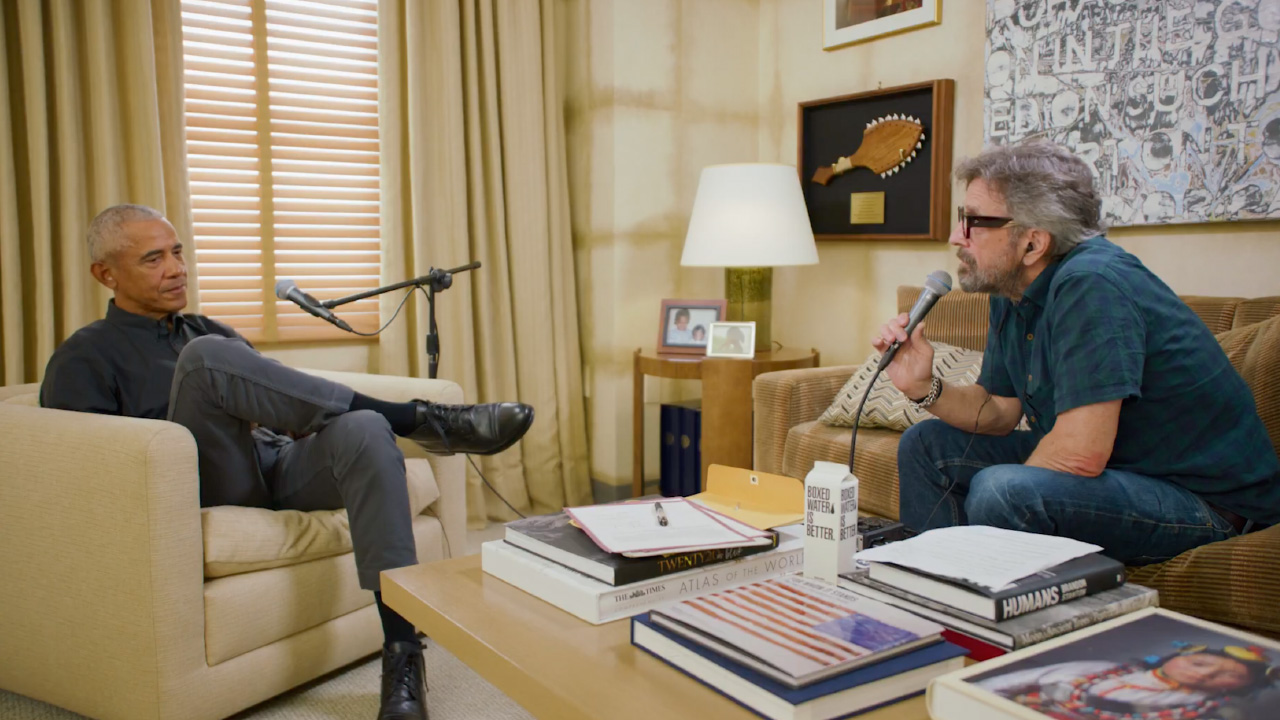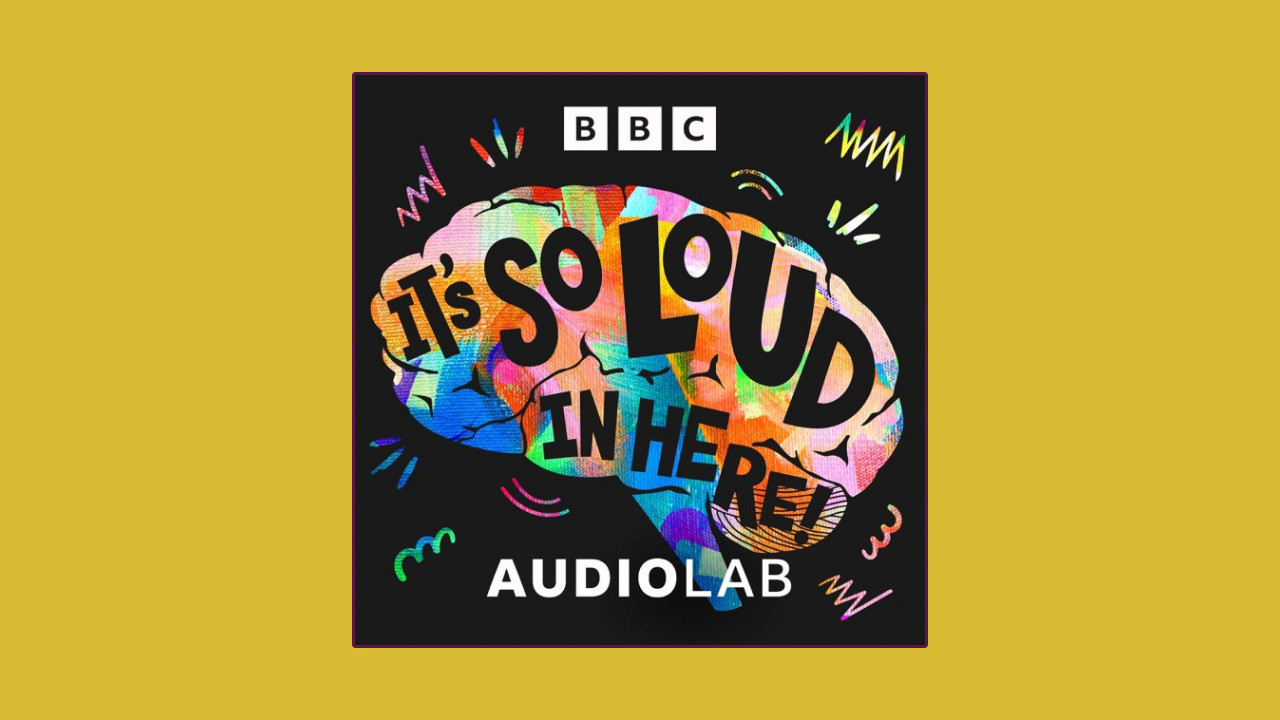After 16 years, 1,700 episodes and countless “lock the gates”, WTF with Marc Maron has reached its final chapter. And fittingly, it ends where it once made global headlines — with President Barack Obama.
The episode opens with Maron, raw as ever, trying to process the end of something that defined him. “I feel okay,” he admits, “but there is sort of a fear there of, you know, what do I do now?”
Obama, now as much a sage as a statesman, gives him both a dose of empathy and a plan: “Don’t rush into what the next thing is. Take a beat. Look backwards and say, huh, you know what? Didn’t get everything done… but there’s a body of work there I’m proud of.”
It’s good advice for anyone facing the end of an era — or the end of a feed.
The Podcaster and the President
When Maron first interviewed Obama in 2015, it helped legitimise podcasting as a medium for serious cultural and political conversation. Ten years later, their reunion feels like a mirror held up to how both men — and the world — have changed.
They talk about fear, purpose and connection, with Obama confessing that even after eight years in office he still got “a little bit of adrenaline” before big moments. “You’ve got to have a few butterflies,” he tells Maron, who jokes that his never went away.
What follows is less an exit interview and more a meditation on democracy, attention and integrity in the algorithmic age. Obama reflects on the promise and perils of social media — “It seemed optimistic… but it has narrowed your world significantly. It’ll break your brain.” He praises long-form podcasts as a counterweight to that fragmentation: “There’s still power in people listening to conversations — if they listen to the whole thing.”
On Truth, Vulnerability and Better Being ‘Good Enough’
In a discussion that swings between politics and philosophy, Obama argues that democracy, like life, is built on compromise and persistence: “Better is good. We’re not going to get to perfect.”
He warns against the lure of cynicism — what he calls “an acceptance of partial victory” — and recalls telling his daughter Malia that even small progress on climate change “could make a difference in a billion people’s lives”.
Later, when Maron pushes him on the fragility of American democracy, Obama’s tone hardens: “We’ve blown through a whole range of rules and laws that were put in place to ensure nobody’s above the law.” But he still believes in individual courage: “What’s required is a few folks standing up and giving courage to other folks… If convictions don’t cost anything, then they’re really just kind of fashion.”
It’s the kind of exchange that reminds you why WTF mattered: unhurried, probing, human.
The End of an Era — and a Mirror to Podcasting Itself
Maron’s farewell feels like both a personal and cultural milestone. WTF wasn’t just another interview show; it was a confessional booth for the internet age, where actors, comedians and even presidents unpacked their lives with unfiltered honesty. The idea that a conversation — without cuts, without TikTok edits — could change perception now feels almost radical.
Obama seems to recognise that. He tells Maron, “There was a core decency to you and the conversations you had… It gives people courage and hope.”
The episode closes with Maron thanking long-time producer Brendan McDonald — formally ‘releasing’ him via a mock legal document witnessed by Obama — and signing off with the words that have always been equal parts mantra and mic-drop: “Boomer Lives.”
It’s hard not to feel sentimental. In a medium often chasing virality, WTF leaves behind something rarer — intimacy at scale. A show that proved, for a moment, that the sound of two people really listening to each other could cut through the noise.






